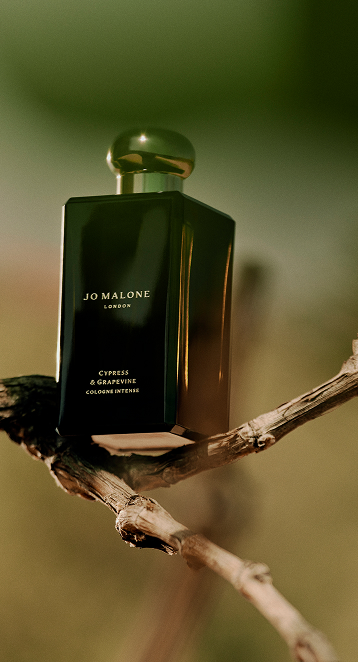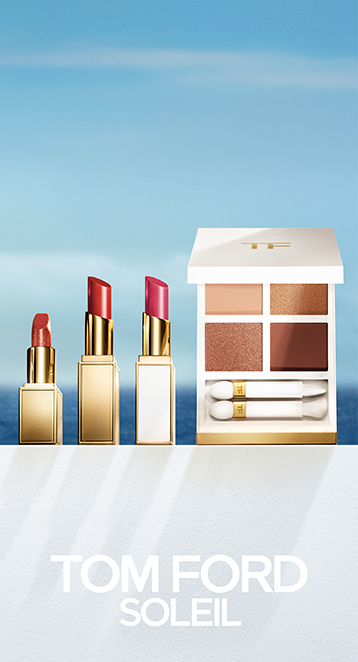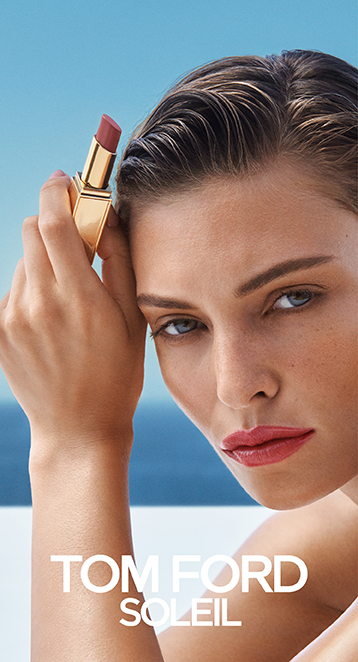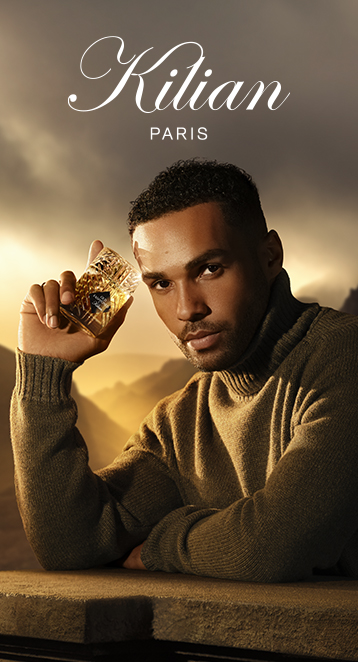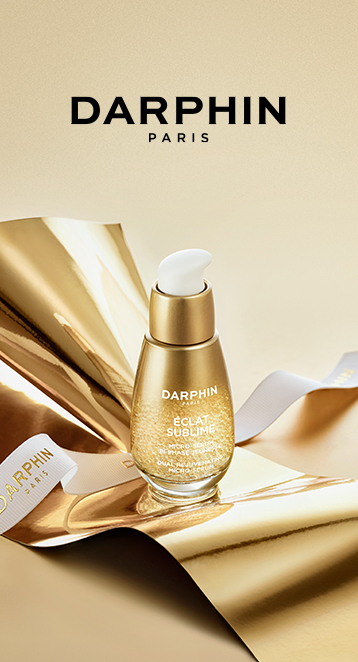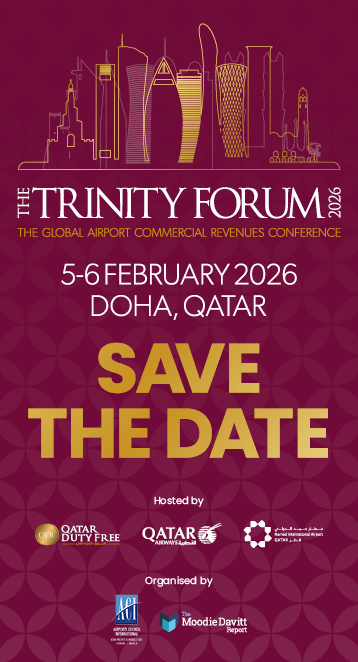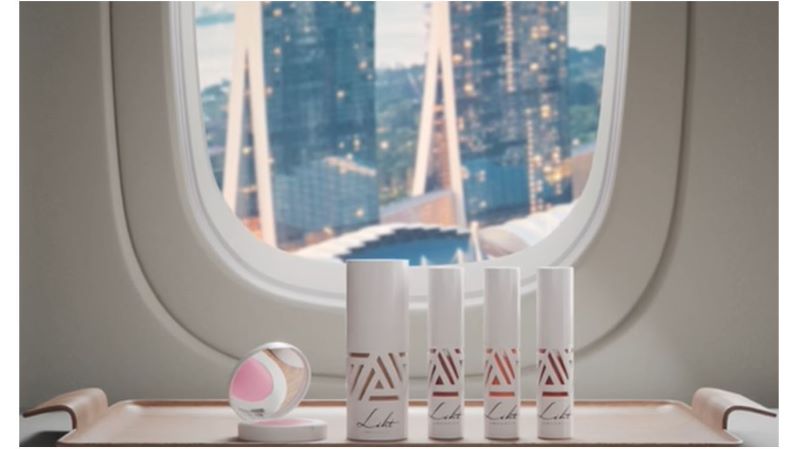 |
INTERNATIONAL. In a controversial move, Chanel is withdrawing all fragrances and cosmetics from the inflight retail channel over coming months.
The French house has informed retailers of the decision by a combination of letter and personal meetings in recent weeks.
Although the company generates very significant volumes through the channel, it is understood to have decided that inflight retailing is not appropriate from an image point of view.
Contacted by The Moodie Report, a senior Chanel travel retail executive said the company had no comment on “this rumour”.
However, several leading inflight retail executives confirmed to us that they had been informed of the brand’s decision. Some expressed concern not only about the loss of a key and prestigious brand but also their fears of a knock-on effect with other top labels following suit.
Reacting to the news, Heather Cho, Senior Vice President, Catering & In-Flight Sales Business Division for the world’s leading inflight retailer Korean Air, told The Moodie Report: “It’s sad. Very few people truly understand the airline retail business. But just having a few bad examples [of airline retailing] doesn’t really ruin the whole image. So that’s quite disappointing.”
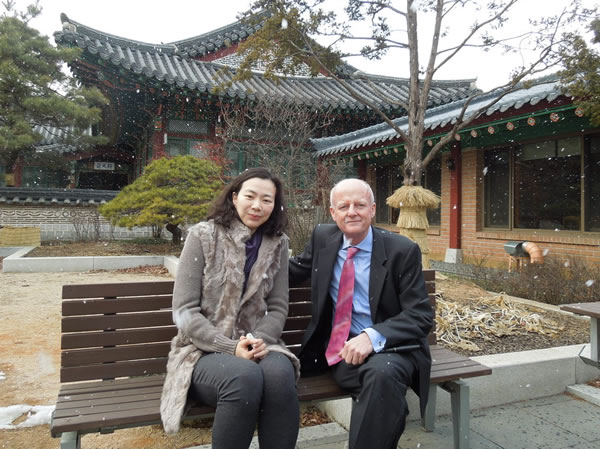 |
Korean Air’s Heather Cho with Martin Moodie in (a snowy) Seoul earlier this month |
Korean Air generated duty free sales of just over US$200 million last year, roughly double that of its nearest competitor. Chanel alone was an approximate US$5 million business.
“Chanel is number one in fragrance [on Korean Air] and number five or six in cosmetics, so it’s not small,” said Ms Cho. “But it’s not about that”¦ I handle many brands. But having Chanel gives a whole different value to the magazine in our case. Having it or not makes a big difference.
 |
Chanel occupies six pages of the Korean Air inflight magazine, generating annual sales of around US$5 million |
“In a way, I was quite upset about us being treated like a pharmacy or a border shop”¦ we’re at a very different level.”
Ms Cho continued: “I try mostly to follow what a brand requires, for example in Chanel’s case, a no-discount policy. Fine. So I try to follow what they ask for because I understand that’s their whole company policy.
“Sometimes I actually ask for more than what brands want to do and that’s why people say it’s tough to work with me, but later on they’re happy with the result. And that’s what I want to get across. It’s not just what the brands want”¦ it’s my magazine. It has to be nice and up to my standard, which can be higher than the brands’ standards.
“So it’s a bit disappointing and a bit upsetting to hear they are pulling out because of the airlines’ image.I try to understand what a brand wants to achieve. They’re a brand but I’m a brand also. I understand how to keep an image.”
NOTE: You can read the full interview with Heather Cho in a forthcoming issue of The Moodie Report Print Edition.
COMMENT: For over a century Chanel has nurtured and protected its brand image as well as any luxury house in the world. In that time it has fought a constant, and largely successful, battle to protect its identity, values and distribution.
Within that remit it has long had a vexed view of inflight retailing, seemingly unsure about the relative merits of being sold from a mobile trolley and the significant international visibility (and sales) that the channel represents.
Whatever the brand’s position, one can fully understand Heather Cho’s sentiments. Korean Air is a sophisticated retailer in every sense. Its SkyShop magazine is produced monthly in multi-lingual format to incredibly exacting standards (the February issue is 256 pages, packed with high-quality photography and a real sense of innovation). Its cabin crew have sound product knowledge and real commitment to selling onboard. In short its retailing standards and image (as well as its customer mix) are considerably higher than many an airport retailer.
This is not the first time that Chanel has pulled back from parts of the inflight channel but the sweeping, global nature of this decision is a defining step. There’s a fine line between image protection and arrogance and opinions differ sharply as to where Chanel’s policy sits. But whatever one’s view, the situation underlines the incredible strength of the Chanel brand.


